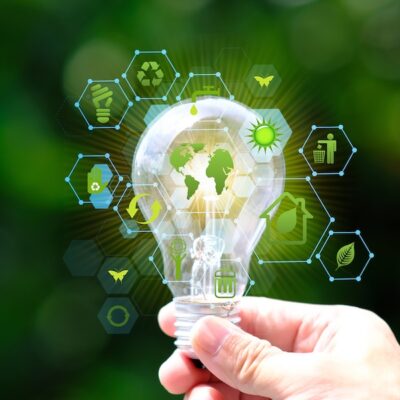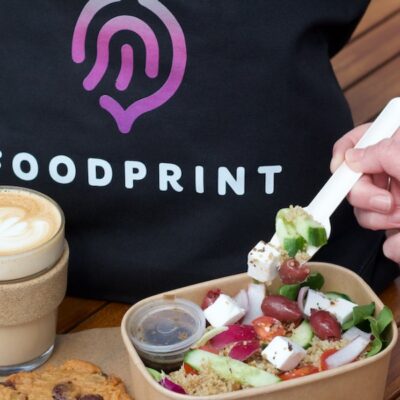More awareness needed around UN sustainability goals
Francesca Lipscombe highlights the need for more business awareness in this country…
Francesca Lipscombe highlights the need for more business awareness in this country of the UN’s Sustainable Development Goals, which New Zealand has signed up to.
Few people would challenge the need for the nations of the world to become more sustainable in the way we live, work and use the earth’s resources.
But it’s still not widely known that last year the UN launched a series of 17 Sustainable Development Goals (SDGs) to transform the world in a positive way by 2030.
The SDGs are admirable and ambitious, covering poverty, hunger, equity, use of water and energy, employment, safety, climate change, protection of the oceans and forests, and justice.
That’s not the entire list and the full document (at http://www.un.org/sustainabledevelopment/development-agenda/) should be a must-read for anyone interested in the future of the planet.
Many of the SDGs are aspirational and will require considerable discussion, agreement and policy development to come to fruition in the timeframe proposed. But one of the Goals our organisation is closely involved with – Goal 12: To ensure sustainable consumption and production patterns – offers opportunities to make some real, practical changes for the better.
Goal 12 talks about the sustainable management and efficient use of natural resources, and the need to reduce food waste both during production and consumption. It seeks better environmental management of chemicals and reduction in all waste including preventative action and recycling.
It also urges companies to adopt sustainable practices and report on sustainability, and governments to promote sustainable public procurement practices.
Ecolabelling, as with our Environmental Choice New Zealand label, is a straightforward pathway to achieving these aims. An ecolabel, particularly a Type 1 label, which independently tracks the environmental and sustainability performance of a product from raw materials through manufacture to use and eventual disposal or reuse, provides a definitive, third-party stamp of credibility.
At a couple of recent global conferences I attended in Thailand and the Ukraine it was clear that ecolabelling organisations around the world are well advanced in providing the tools for Goal 12 to be met.
An ecolabel is a fine tool for governments to regulate action in this area and it also provides a guide for consumers.
The UN’s assessment of New Zealand against the SDGs ranks it 22nd out of 149 member states and its ranking for Goal 12 is the same. A recent State of CSR survey of 1000 Australian and New Zealand business by the Sustainable Business Council (SBC) and Wright Communications found 85% were aware of the SDGs and many were keen to measure their impact on the Goals.
But there’s always room for improvement and it’s our experience and perception that many Kiwi companies aren’t taking the opportunity to use our label to evidence their good works in the area of production and consumption and waste disposal. There are some sustainability criteria within the Government’s All of Government (AOG) tender documents but there’s plenty of scope to broaden the requirements within public sector procurement.
We see particular opportunities to improve this country’s record in the area of waste disposal and certification of building materials, particularly given the current construction boom, and in the years ahead we hope to see expanded use of the certification tools we can provide.
Francesca Lipscombe is GM of Environmental Choice NZ, which administers the Environmental Choice product and service ecolabel in New Zealand.






